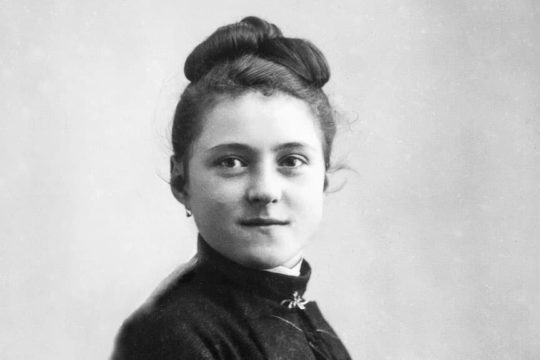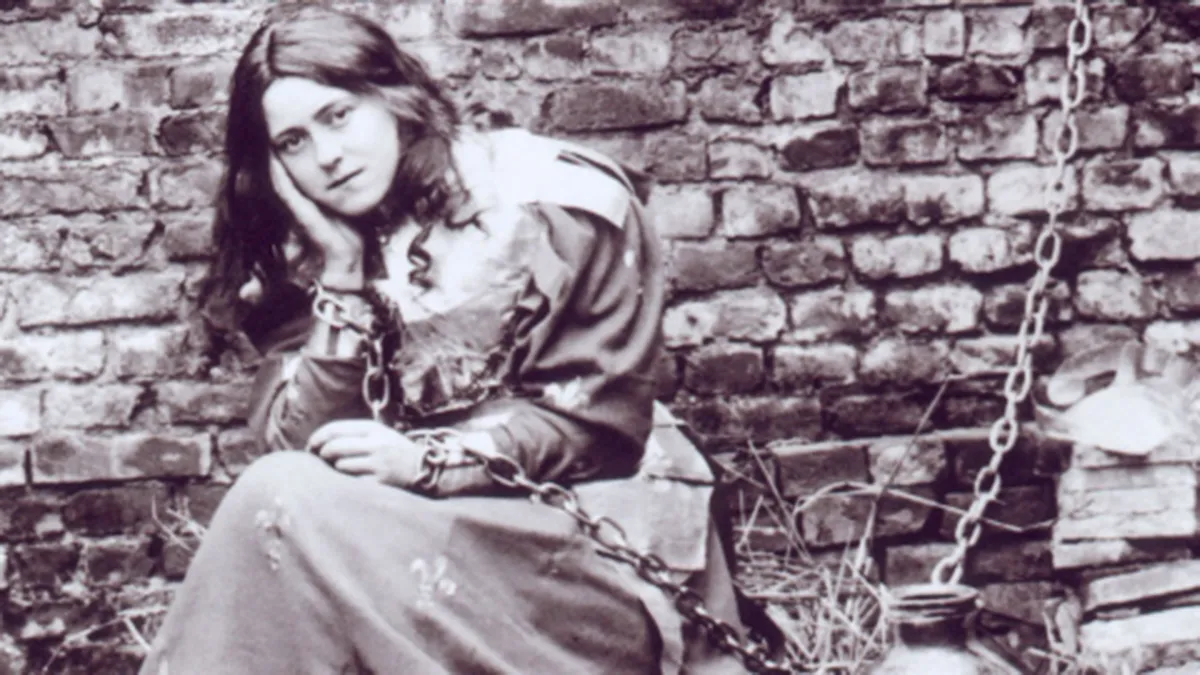It’s tempting to desire to be something other than who we are. From a young age, we are encouraged to dream, to hope, to plan for the future, and this is a beautiful thing. As Pope Benedict XVI reminded us at World Youth Day in Madrid, “Men and women were created for something great, for infinity. Nothing else will ever be enough. Saint Augustine was right when he said ‘our hearts are restless till they find their rest in you’ The desire for a more meaningful life is a sign that God created us and that we bear his ‘imprint’.” The difficulty in this desire for greatness comes when we are dissatisfied or frustrated with the present moment, or in the slowness of the process. How do we strive for greatness, strive to be the people we are created to be, without being dissatisfied? How do we make sure we are not falling into comparison, seeking to mimic the loudness of who the world is telling us to be? We find an answer in St. Therese’s “little way”.
St. Therese beautifully writes, “I understood that every flower created by Him is beautiful, that the brilliance of the rose and the whiteness of the lily do not lessen the perfume of the violet or the sweet simplicity of the daisy. I understood that if all the lowly flowers wished to be roses, nature would lose its loveliness. And so it is in the world of souls, where each one has its own mission and is different from the others in its qualities and sanctity.” This vision of persons helps us to understand our own goodness, and the goodness of others as we seek to live and love in community. When we see the change and growth process through the lens of our fundamental goodness, it transforms our desires for flourishing and holiness. Our desire for change cannot stem from the belief that we are unworthy or broken. It cannot stem from the false belief that unless we are a certain way, the Lord and others will be disappointed in us. St. Therese reminds us that we are worthy purely because we are created in God’s image and likeness. There is nothing we must do to gain God’s love. Another female saint, St. Josephina Bakhita, exclaims this truth saying, “I am definitely loved, and, whatever happens to me, I am awaited by his eternal love. So, my life is so good.” We do not have to “do” anything to find our worth. Created by God, for relationship with God, we are good.
“I understood that every flower created by Him is beautiful, that the brilliance of the rose and the whiteness of the lily do not lessen the perfume of the violet or the sweet simplicity of the daisy.”
St. Therese of Lisieux

In her life, St. Therese sincerely felt the call for greatness and desired to be a missionary. She knew she was loved; she knew she was good and felt the Lord inviting her to live her specific call to sanctity! In her autobiography, The Story of a Soul, she describes this desire saying, “The cry of Jesus as He died, ‘I thirst,’ echoed every moment in my soul, inflaming my heart with a burning love. I longed to satisfy His thirst for souls; I was consumed myself with this same thirst, and yearned to save them from the everlasting fires.” St. Therese looked to the saints of the Church before her time as models and inspirations. We even have pictures of her dressed as St. Joan of Arc! She desired to be a saint! Yet St. Therese did not think there was only one path of sanctity, falling prey to comparisons and how she “should” live this desire for greatness. As she says, “Holiness consists simply in doing God’s will, and being just what God wants us to be.”
“I longed to satisfy His thirst for souls; I was consumed myself with this same thirst, and yearned to save them from the everlasting fires.”
St. Therese of Lisieux

Responding to the Promptings of Your Heart
How is the Lord speaking to your heart? How is he inviting you to live the call to greatness, found in the quiet stirrings of your heart? As St. Therese says, “God would never inspire me with desires which cannot be realized; so in spite of my littleness, I can hope to be a saint.” Do we spend time sitting with the Lord, allowing him to uncover these desires? Do we trust that he loves us and that we do not have to ‘earn’ this love? Do we trust that in freedom, we are being invited to live our specific, unique call to holiness and flourishing? As St. Therese reminds us, “If every tiny flower wanted to be a rose, spring would lose its loveliness.” How is Christ loving you and calling you to love him in return?

** Interested in learning more about the Lord’s promptings on your heart? CURO members have access to Spiritual Direction where through the help of your director, you can learn to more fully hear and respond to the Lord’s voice in your life!

